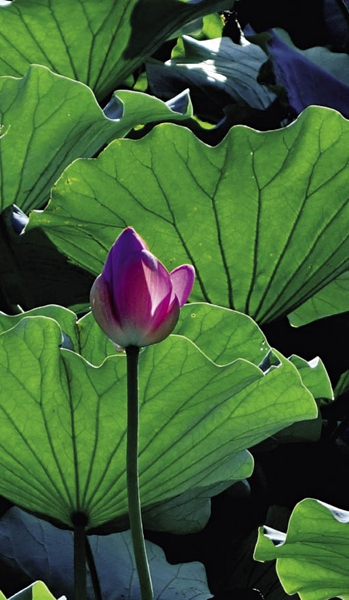Working and Living by the Sun
China Today, November 11, 2016 Adjust font size:

The solar terms are widely adopted in China and influence everyday life. Some solar terms have evolved to festivals such as Qingming (Tomb-sweeping Festival), Lichun (start of spring), Lixia (start of summer), and Dongzhi (winter solstice). The summer and winter solstices are also closely related with daily life, and people celebrate them with special food and various folk activities.
Over generations, a myriad of cultural heritages related to the 24 solar terms has been accumulated, from proverbs, folk songs, legends, and art works to production tools and utensils. The solar terms have also generated a kaleidoscope of festival culture, rituals, and folk customs. An embodiment of the gem of agricultural civilization, the 24 solar terms have a high value with regards historical and cultural research.